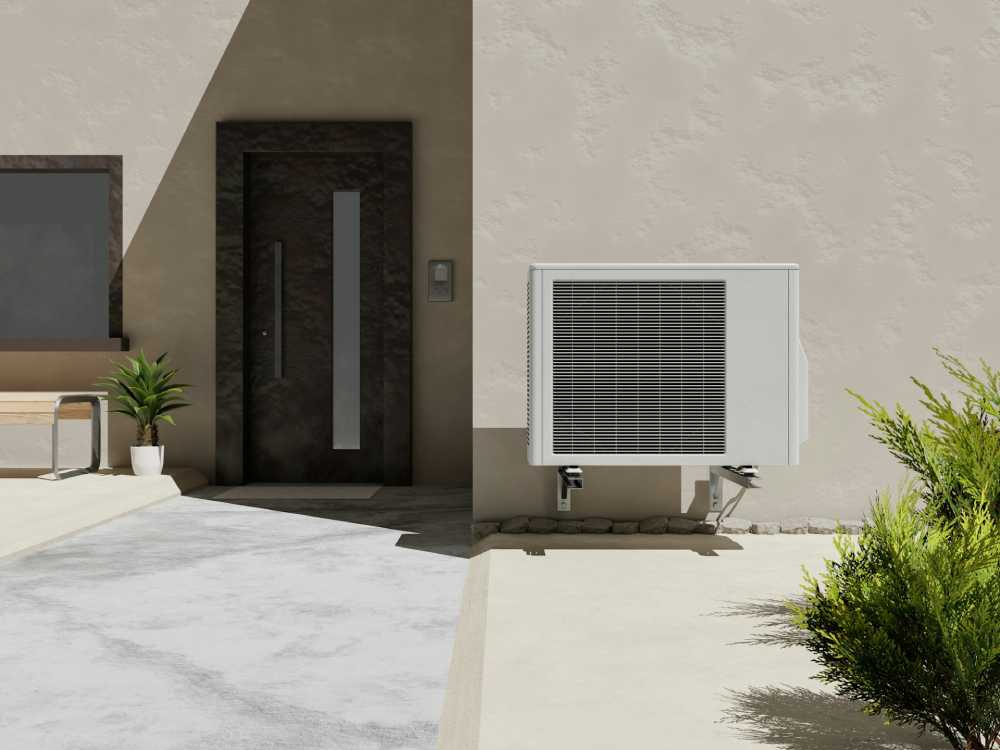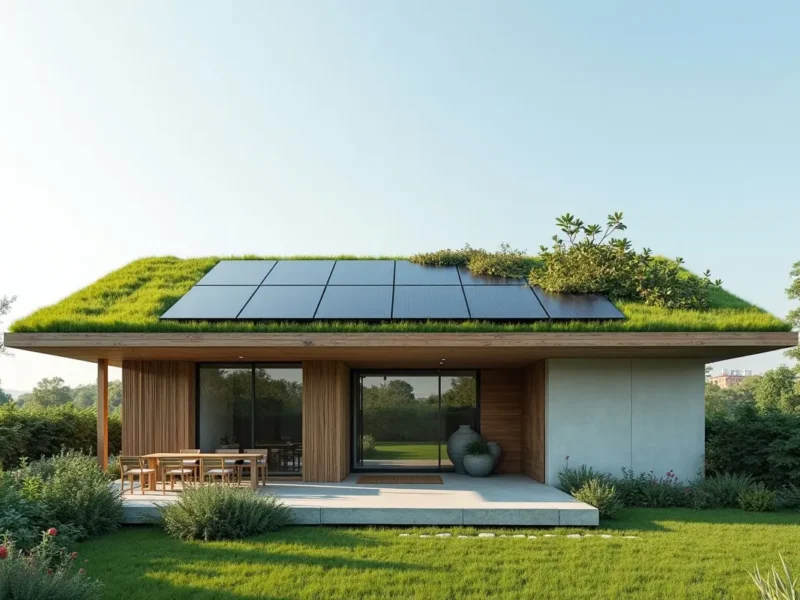Homeowners in Kansas City seeking energy-efficient heating and cooling solutions are growing interested in heat pumps. Unlike traditional HVAC systems, which generate heat through the consumption of fuel or electricity, heat pump Kansas City solutions transfer existing heat from one area to another.
This transfer process makes them a more sustainable and eco-friendly option. This comprehensive guide will cover everything you need to know about heat pumps, from how they work to their various benefits.
Contents
Types of Heat Pumps
- Air Source Heat Pumps: These are the most common types suitable for moderate climates. They work by transferring heat between the inside of the home and the outside air. Air source heat pumps are popular due to their relatively low installation costs and versatility.
- Ground Source Heat Pumps: These systems draw heat from the ground, also known as geothermal heat pumps. They are ideal for colder regions because the ground maintains a constant temperature throughout the year. Although ground source heat pumps have higher initial installation costs, they offer higher efficiency and lower operating costs over time.
- Water Source Heat Pumps: These are less common and require a nearby water source, such as a lake or well, which can limit their applicability. They can be very efficient if a suitable water source is available.
- Hybrid Heat Pumps: These systems combine air-source heat pumps with traditional gas furnaces to increase efficiency and flexibility.
Benefits of Using Heat Pumps
The numerous benefits of heat pumps make them an attractive option for homeowners. First and foremost, heat pumps are highly energy-efficient, leading to significantly lower utility bills. Switching to a heat pump can reduce heating costs by up to 50%.
Heat pumps are also versatile, providing heating and cooling solutions in a single system, which is ideal for year-round use. They are also environmentally friendly as they do not rely on burning fossil fuels, thus contributing to reduced greenhouse gas emissions. Moreover, contemporary heat pumps are recognized for their dependability and have the potential to endure for numerous years through regular upkeep.
How Do Heat Pumps Work?
A heat pump’s core is its capacity to move heat from one location to another through a refrigeration process. In the colder seasons, a heat pump takes heat from outdoor air, water, or the ground and moves it inside to warm up a house. On the other hand, in the colder months, the system works in reverse to extract warm air from the inside and release it outside, resulting in cooling.
According to the Energy Department, heat pumps are highly efficient, producing three times as much heating energy as the electrical energy they consume.
Installation and Maintenance
Appropriate installation is crucial for the effectiveness and efficiency of a heat pump. Hire a certified expert for the installation to avoid reduced effectiveness and higher energy consumption from improper setup. During installation, ensure the unit is placed in an optimal location to draw heat without obstructions efficiently.
Regular maintenance is equally important to keep the system running at peak performance. It includes cleaning or changing air filters, monitoring refrigerant levels, and examining ductwork for leaks. Scheduled maintenance can avoid minor problems escalating into extensive repairs, prolonging the system’s lifespan and guaranteeing its optimal performance.
Cost and Financial Incentives
While the initial upfront cost of a heat pump is high, various government incentives and rebates can help to offset these expenses. Many regions offer tax credits, rebates, and other incentives to promote the adoption of energy-efficient heating and cooling systems. The financial advantages can significantly lower the total expense of the heat pump.
Moreover, the long-term savings on utility bills due to the high efficiency of heat pumps make them a financially wise investment. Over time, the reduced operational costs can more than makeup for the initial investment, offering substantial savings to homeowners.
Conclusion
In conclusion, heat pumps provide a versatile, energy-efficient solution for home heating and cooling needs. Homeowners can achieve improved comfort and save money by making informed decisions about heat pumps, including understanding the various types, their advantages, and the significance of correct installation and maintenance.
Moreover, utilizing government incentives and rebates can further decrease the initial expenses of transitioning to a heat pump system. With their combination of efficiency, versatility, and sustainability, heat pumps are emerging as a compelling option for those looking to create a more energy-efficient and eco-friendly home.



